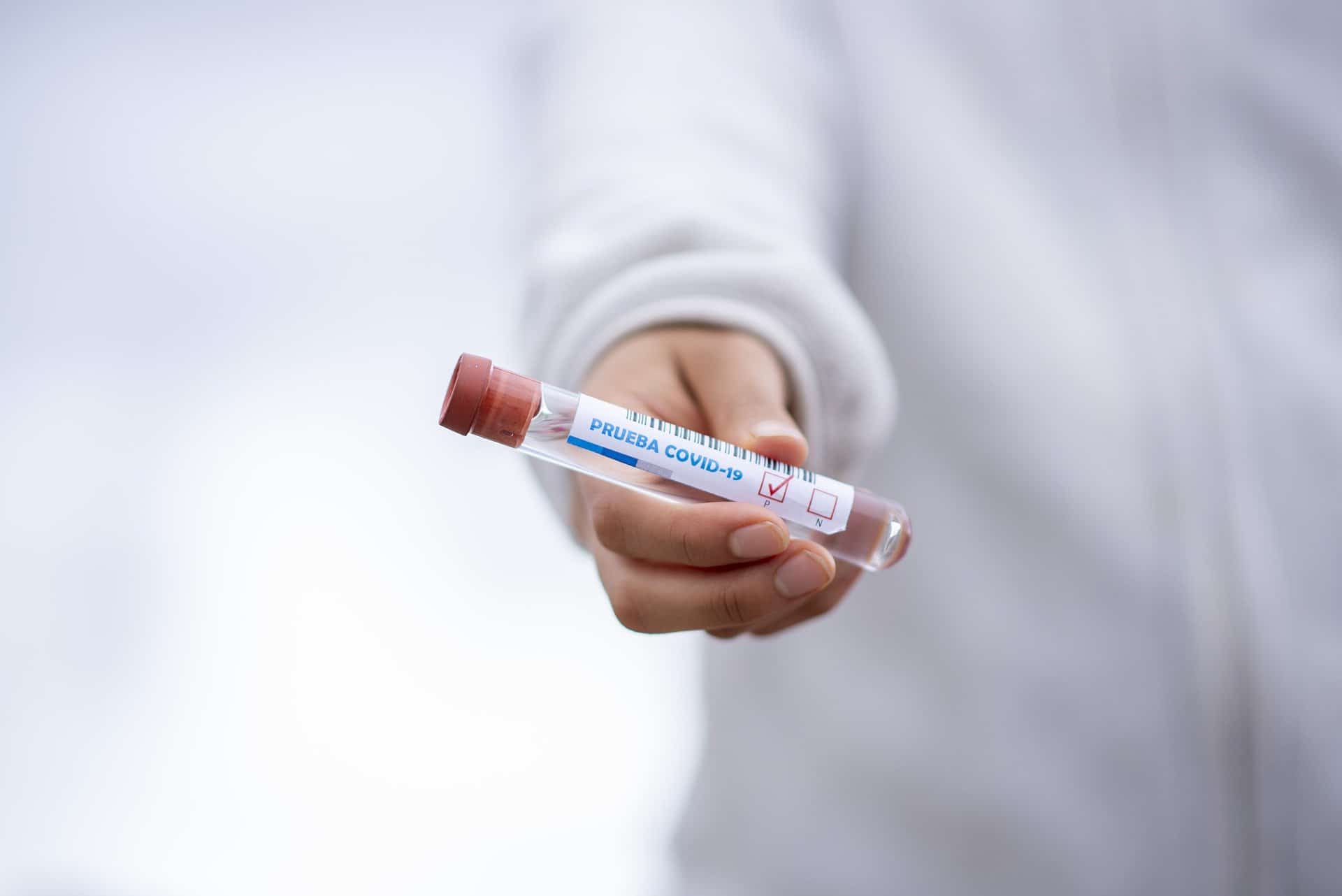Britain became the first Western country to start a mass coronavirus vaccine campaign on Tuesday with a 90-year-old receiving the initial jab, as the number of cases in Europe hit 20 million.
Kicking off Britain’s “V-Day”, Margaret Keenan said she felt “privileged” to be given the injection, the first of millions expected to be administered in the hard-hit country over the coming months.
The Pfizer-BioNTech jab is one of several vaccines bringing hope for an end to the pandemic that has killed more than 1.5 million people worldwide and ravaged economies.
“My advice to anyone offered the vaccine is to take it,” said Keenan, wearing a mask and a penguin T-shirt. “If I can have it at 90 then you can have it too.”
The over-80s, care home workers, and at-risk health and social care staff will be at the front of the line.
Almost 40 percent of the new cases detected over the last seven days worldwide have been in Europe, the region topping 20 million cases on Tuesday. But the rate of infection appears to be stabilising.
Russia, one of Europe’s hardest-hit countries in terms of cases, began vaccinating high-risk workers with its own jab on Saturday, and Beijing has also begun an emergency inoculation campaign with a medicine made in China.
The United States is expected to grant emergency authorisation for the Pfizer-BioNTech vaccine later this week, announcing on Tuesday that no concerns had been found in trial data.
Despite the vaccination news, curbs continue to be reimposed — roughly 30 million people in the US state of California are now under stay-at-home orders.
And the World Health Organization has warned that successful vaccines on their own will not immediately end the crisis.
‘No specific safety concerns’
The United State’s floundering efforts to quell the pandemic have been widely criticized — the nation is the world’s worst-hit with more than 283,000 deaths.
California ordered most offices to close and banned gatherings among different households.
Bars and services such as hair salons were shut and restaurants were allowed to serve takeaway only. Non-essential travel was also temporarily restricted statewide as California experienced record new Covid-19 cases.
“The overwhelming majority of Californians are now in this new stay-at-home order protocol,” said state Governor Gavin Newsom, who earlier warned that the state hospital system risked being overwhelmed.
The US Food and Drug Administration on Tuesday said data from trials of Pfizer-BioNTech drug revealed “no specific safety concerns”.
The data “suggest a favourable safety profile, with no specific safety concerns identified that would preclude issuance of an EUA (emergency use authorisation)”, it said.
The FDA is also expected to give the green light to the Moderna vaccine.
Canadian Prime Minister Justin Trudeau said Pfizer and BioNTech will deliver their first doses to his nation within weeks.
In India, two pharmaceutical firms — including Serum Institute, the world’s biggest manufacturer of vaccines — on Monday sought fast-track approval for coronavirus shots.
India is the second-worst hit nation having already recorded more than 140,000 deaths.
And in Brazil’s Sao Paulo state — Latin America’s coronavirus epicentre — authorities will launch a campaign from January providing the Chinese-developed vaccine CoronaVac to healthcare workers, older people and other vulnerable groups first.
Restrictions remain
Even as hopes rise for vaccines and a resulting economic recovery, governments are being forced to tighten restrictions to contain surges in infections.
German Chancellor Angela Merkel urged regions with high coronavirus rates to tighten curbs, while Denmark said it will close middle and high schools, bars, cafes and restaurants in half of the country.
But Austrians got a boost when the government lifted its measures earlier this week.
“We couldn’t wait with the shopping, even if it might be a bit crowded today,” Robert Bauer told AFP as he shopped in Vienna.
Israel has announced a nationwide night-time curfew from December 9 following a steep increase in virus cases. And Hong Kong announced a ban on evening dining at restaurants and the closure of fitness centres to contain a new wave of cases.






